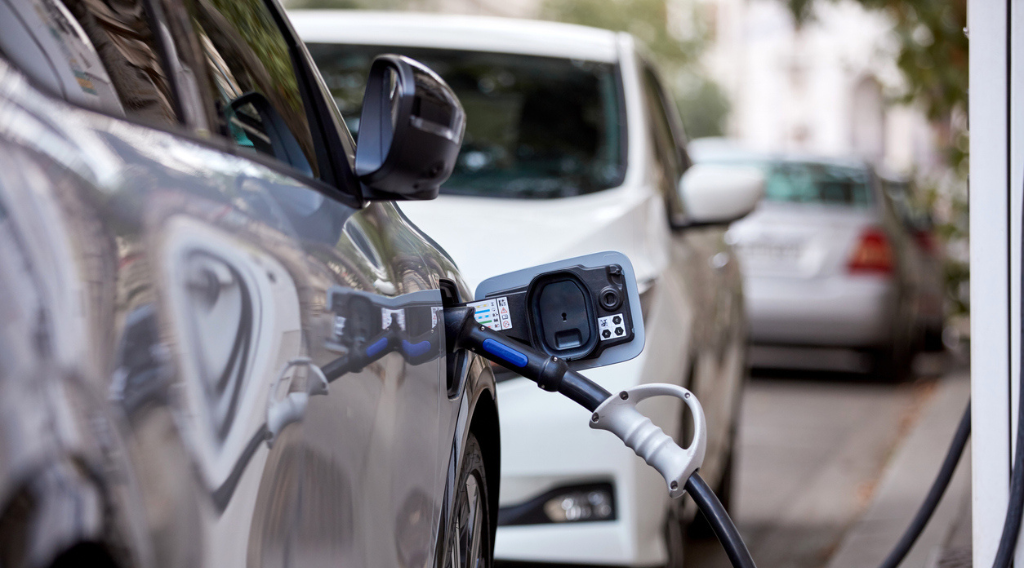
*This post originally appeared on the Clean Energy Resource Teams website here.
An energy-efficient venue: Elise Amel, psychology professor welcomed attendees to the Anderson Student Center, the first LEED certified project on the St. Thomas campus.
- The building is designed to reduce energy use by 17% beyond code requirements, attained in the following ways
– Building insulation by thermal envelope
– High-performance windows and glazing
– Lighting and temperature controls
– Variable air volume controls
– Daylight sensors for light fixtures
– High-efficiency pumps, motors and fans
– Additional high-efficiency equipment - 92% of all regularly occupied spaces have individual occupant electricity controls.
- In 2014 we added 96 photovoltaic panels manufactured by tenKsolar in Bloomington, MN and installed by Cedar Creek Energy. On average they will produce 56,000kwh/year for the next 25 years, roughly equivalent to 3.2% of the total annual electrical consumption of the ASC.
- Solar energy production at UST Anderson Student Center.
Recommend Steering Committee Members: There was also a pitch for new Metro CERT steering committee members. If you are interested in joining the Metro CERT steering committee please send a few paragraphs to Diana at [email protected] by November 15, 2016.
Community Spotlights: The highlight of the event was the Community Spotlight. We heard from five communities across the Metro that are working on clean energy projects. All of these projects were assisted by Metro CERT with either a seed grant or staff assistance via the Clean Energy Accelerator.
- A community-wide effort in Chisago County – Download presentation
- A City Fleet Assessment in Elk River – Download presentation
- Faith outreach via Minnesota Interfaith Power and Light – Download presentation
- Engaging the Marcy Holmes neighborhood of Minneapolis to consider energy efficiency and solar options
- The very successful Solar Garden Collaborative that brought 31 local governments together to issue a single RFP for Community Solar Garden subscriptions – Download presentation

Community spotlight presenters answer audience questions.
New Approaches: In the second half, we heard about new approaches to taking advantage of energy efficiency and solar resources at the community level.
- Brian Ross, Great Plains Institute, talked about opportunities for solar development and shared the term “solar reserves” akin to gas and oil reserves. Turns out we have LOTS. Download presentation
- Jenny Edwards, Center for Energy and Environment, focused on energy efficiency as a local resource. Jenny described a top down and bottom up principle for taking action. She also shared how people can gain access to community-wide energy consumption data for Xcel Energy customers, and shared how communities are moving forward with efforts with community energy planning to reduce energy use. Download presentation

Jenny Edwards and Brian Ross gave local resources presentations about solar energy and energy efficiency.
Live Polling: For the second year, we utilized a live polling technology to engage the attendees to explore where they were from, what they were passionate about and what clean energy topics are most important to them. The polling information will be used as the Metro CERT Steering Committee decides on key priorities for the Metro region later this fall.

Networking: As always, the networking at the end of the event provided a chance to see good friends and make new connections with community members, local government staff, and professionals committed to renewable energy and energy efficiency while enjoying food and beverages.
Photos: Check out photos of people connecting and earlier portions of the event.
About Metro CERT
Operated by the Great Plains Institute, Metro CERT is one of seven regions that comprise Minnesota’s Clean Energy Resource Teams (CERTs) — a partnership of four organizations working together to connect individuals and their communities to the resources they need to identify and implement community-based clean energy projects.


